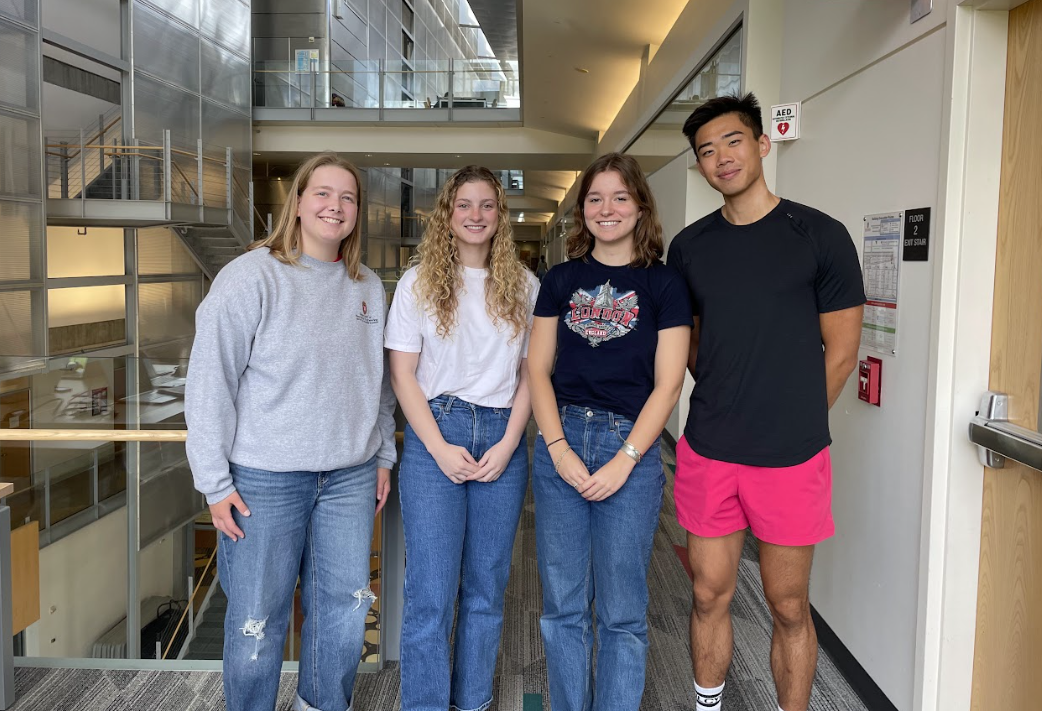Neuromodulation via tDCS for fatigue resistance in critical environments
This project has been secured to protect intellectual property.
Login for More InformationDevelop and evaluate a wearable electrode design for a neurostimulation system to augment astronaut health and performance during spaceflight
Project Overview
Fatigue due to cognitive overload or sleep deprivation has been shown to adversely impact crew health and performance during long-duration autonomous missions. Transcranial electrical stimulation (tES) is a non-invasive, safe, and effective way of preserving and supporting a variety of motor, psychosocial (e.g., mood/depression), and performance outcomes, and has shown success as a mobile health (and remote) clinical fatigue intervention. However, electrode designs in current tES systems are bulky and require substantial research and development to ensure (1) their targeted effectiveness as a spaceflight fatigue countermeasure and (2) their utility considering interaction factors and mass/space criteria requirements for autonomous human spaceflight.
The team will identify biomedical system requirements for remote or self-administered tES applications for human spaceflight, design tES electrode design based on usability, sustainability, and functional effectiveness criteria, and embed the electrode design into an existing tES device to test the effectiveness of the refined tES system as a fatigue countermeasure with pilot user studies. The developed electrode design will accelerate future research on crew health countermeasures in fielded spaceflight applications (e.g., parabolic flights, ground-based analogs for g-transitions).
Team Picture

Contact Information
Team Members
- Isabella Crane - Team Leader
- Sydney Franta - Communicator
- Kevin Zhang - BSAC
- Maggie LaRose - BWIG & BPAG
Advisor and Client
- Prof. Paul Campagnola - Advisor
- Mr. Brandon Converse - Client
